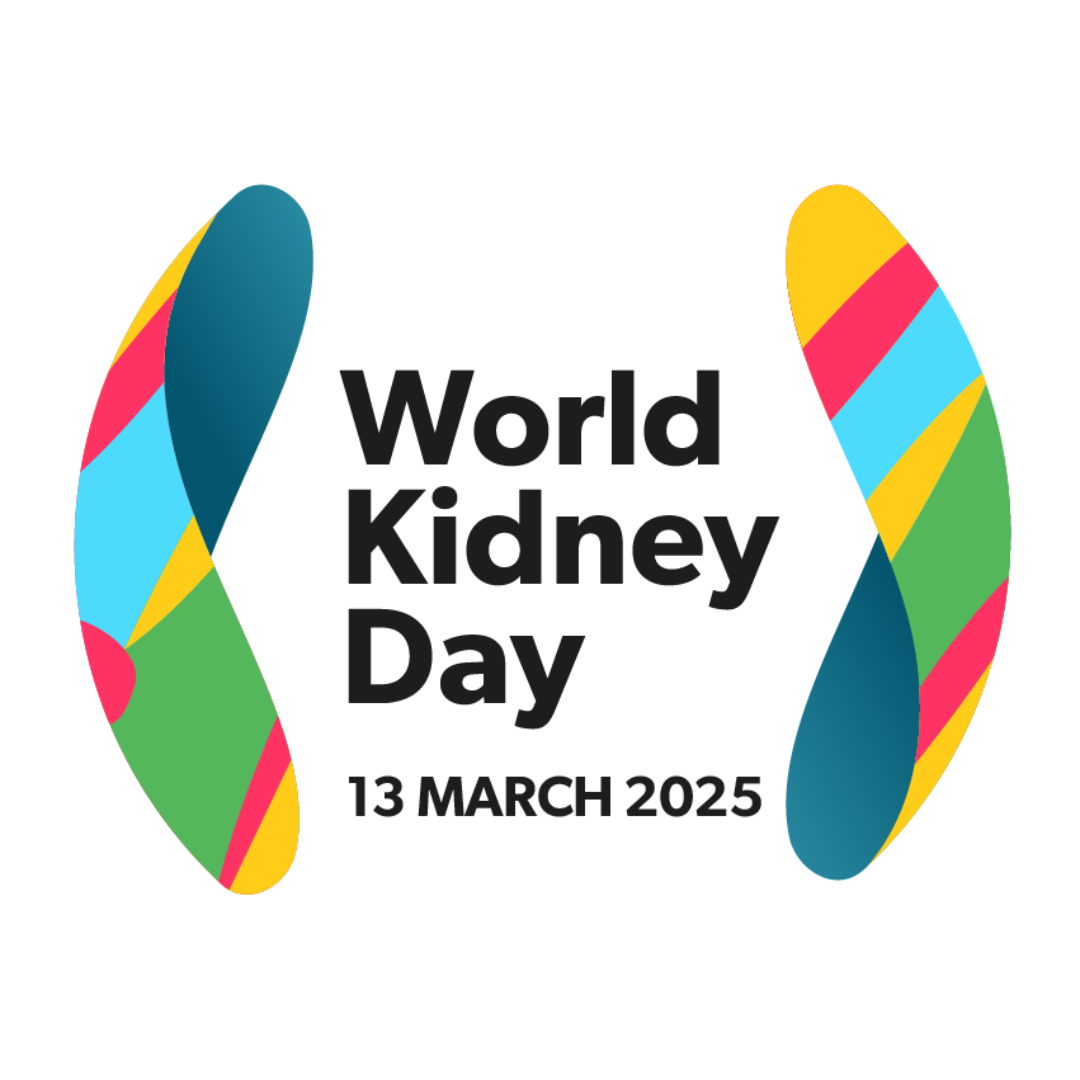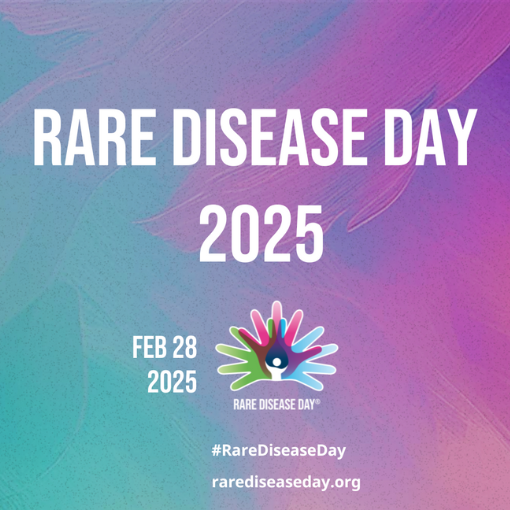HealthLumen Blog

World Kidney Day 2025: Detect early, protect kidney health
Chronic kidney disease (CKD) is a major global health issue – affecting an estimated 1 in 10 people – yet it is frequently overlooked on health agendas worldwide. In its early stages, CKD is often asymptomatic, and many individuals are unaware that they have CKD until the disease has progressed to later stages, where it becomes harder and more costly to treat – with patients facing the prospect of dialysis or kidney transplant. This makes early CKD detection critical to improving patient outcomes and reducing the growing health and economic burden of CKD worldwide. Recognising this, the World Kidney Day campaign this year is centred around the theme: “Detect early, protect kidney health.”
Read
Rare Disease Day 2025: Reflecting on a year of progress and the challenges that lie ahead
Rare Disease Day presents a time to reflect on the progress made in understanding and addressing the unique challenges that rare diseases bring – and the hurdles that remain. Over the past year, several significant developments have shaped the rare disease landscape, from new regulatory policies and technological advancements to major advocacy efforts.
Read
New genetic database analysis finds that Fabry disease may be three times more prevalent than current estimates suggest, uncovering a large under-served patient community
Fabry disease is a rare genetic X-linked disease caused by pathogenic genetic variants in the GLA gene. As with other rare genetic conditions, of which there are thought to be over 7000, accurately determining the prevalence of Fabry disease is challenging. Using HealthLumen’s genetic database mining methodology, our recent study suggests that Fabry disease prevalence in the US may considerably exceed previous estimates.
Read
Beyond weight loss: The potential of GLP-1 receptor agonists to reduce the prevalence of obesity-related diseases
Addressing growing rates of obesity and its increasing strain on healthcare systems has become a key focus for many public health strategies around the globe. As part of the evolving landscape of obesity interventions, GLP-1 receptor agonists (commonly referred to as GLP-1 agonists) have emerged as a promising pharmacological solution. But how effective are GLP-1 agonists as part of a broader public health obesity strategy?
Read